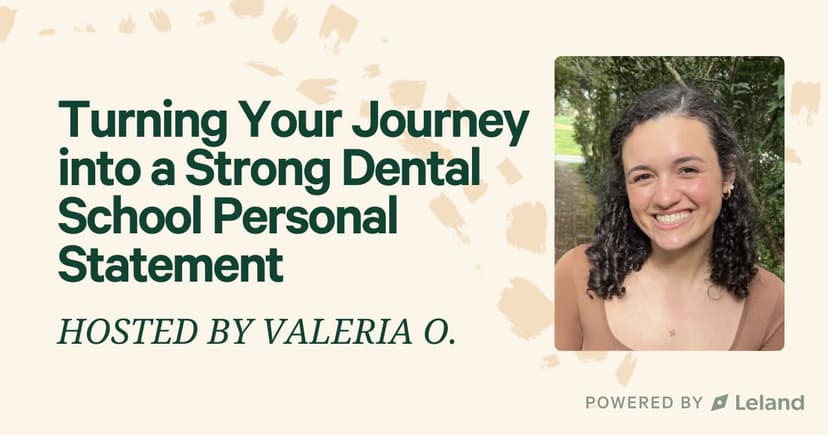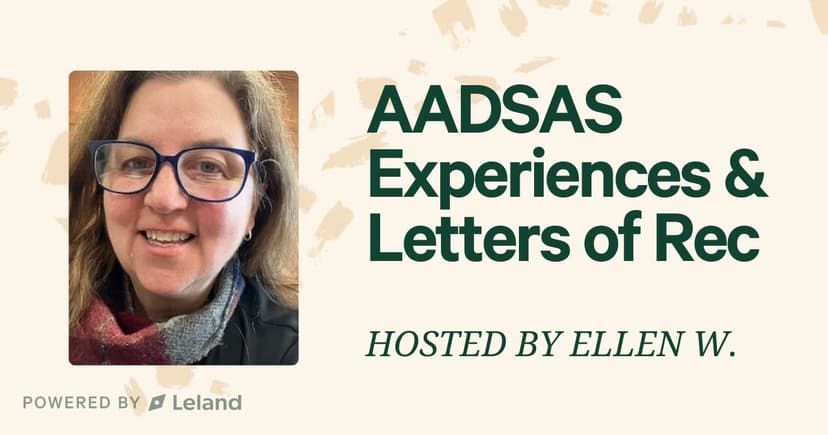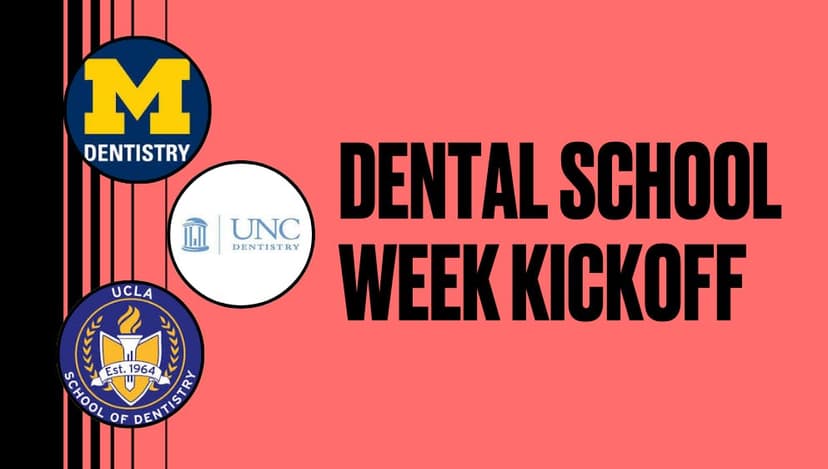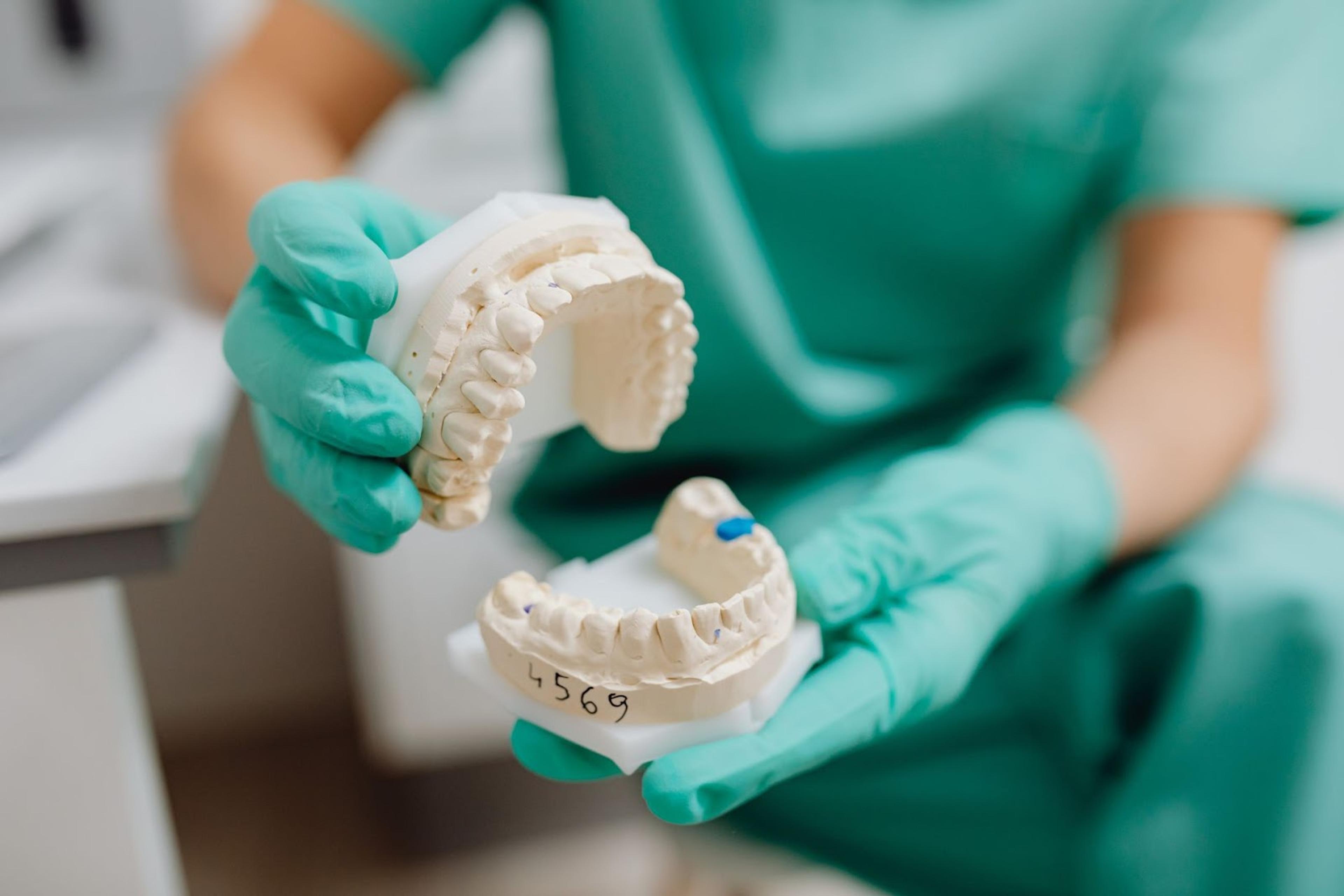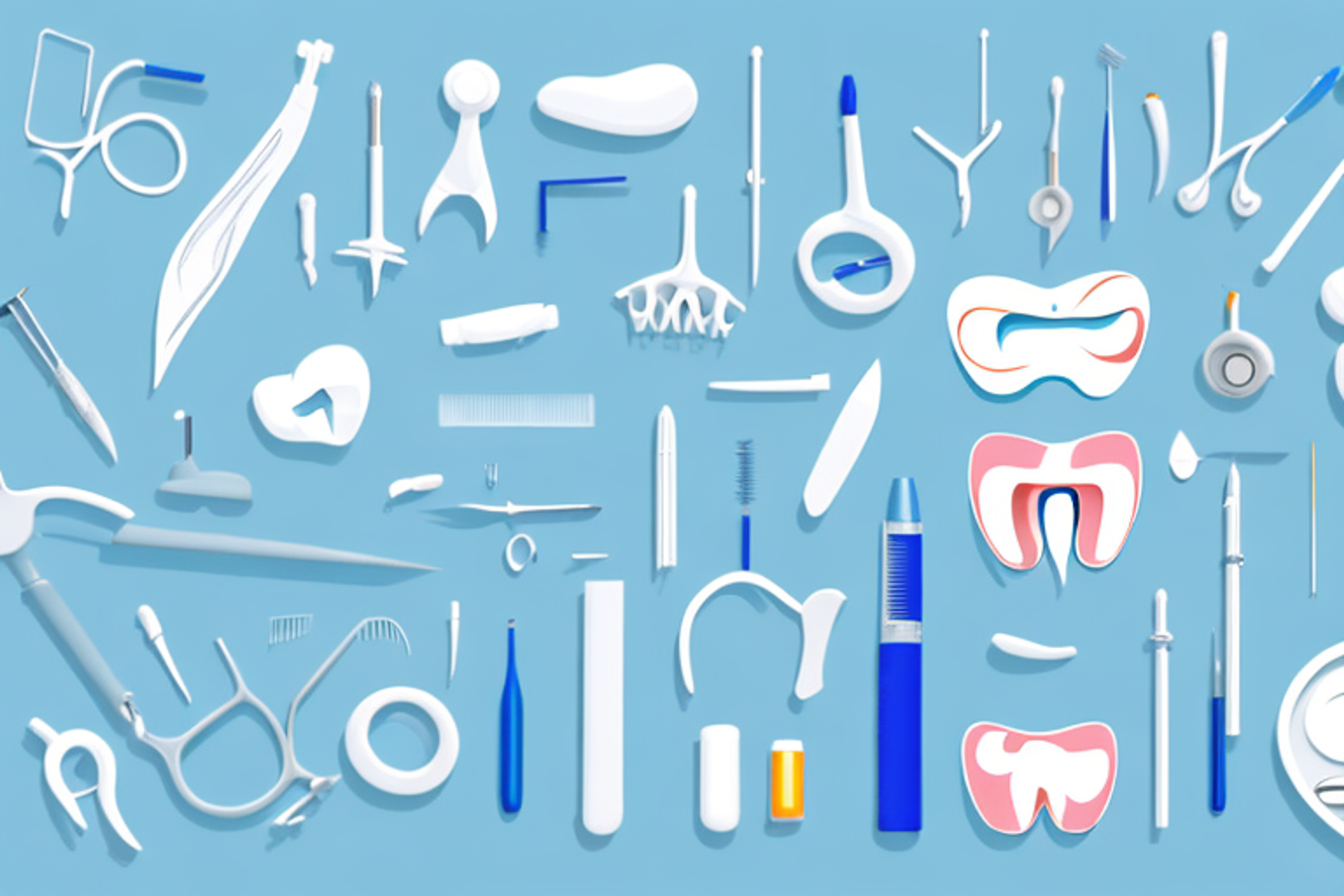Letters of Evaluation for Dental School: Everything You Need to Know
If you're applying to dental school, you'll need letters of evaluation.
Posted June 13, 2025
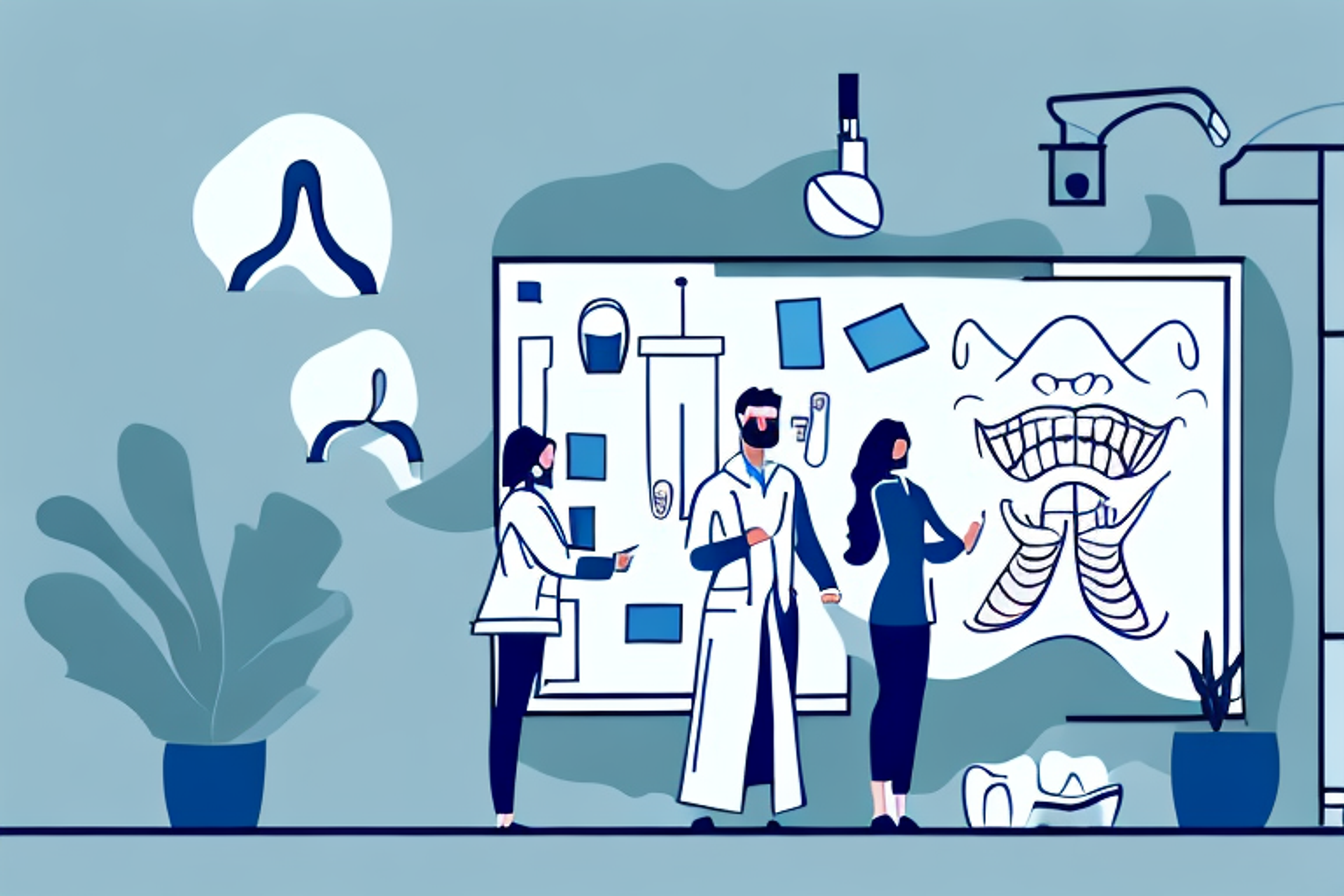
Join a free event
Learn from top coaches and industry experts in live, interactive sessions you can join for free.
Table of Contents
As a prospective dental student, you know that getting into dental school is a highly competitive process. One of the key factors that admissions committees will consider is your letters of evaluation. These letters provide valuable insight into your character, academic abilities, and potential as a future dentist. In this article, we’ll cover everything you need to know about letters of evaluation for dental school, from why they’re important, to how to request them and what mistakes to avoid.
Why Letters of Evaluation are Important for Dental School Applications
Letters of evaluation are important for dental school applications because they give admissions committees a more complete picture of who you are as a person and as a potential dental student. They allow your recommenders, who may be professors, dentists, or other professionals, to speak to your academic abilities, work ethic, and personal characteristics that would make you a good candidate for dental school. Admissions committees use these letters to gain insight into your leadership, teamwork, and communication skills, as well as your passion for the field of dentistry.
Additionally, letters of evaluation can also provide valuable information about your clinical experience and patient interaction skills. This is especially important for dental schools, as they want to ensure that their students are not only academically prepared, but also have the necessary hands-on experience to succeed in the field. Your recommenders can speak to your clinical skills, such as your ability to diagnose and treat dental problems, as well as your bedside manner and ability to communicate effectively with patients. All of these factors can make a significant impact on your dental school application and ultimately, your future career as a dentist.
What Should Be Included in a Letter of Evaluation for Dental School
As a general rule, letters of evaluation should be one to two pages in length and should include the following:
- An introduction that explains the recommender’s relationship with you
- A description of your academic abilities and potential for success in dental school
- An assessment of your personal qualities, such as leadership, teamwork, and communication skills
- A summary of your experiences and achievements that demonstrate your suitability for dental school
- A concluding statement that strongly recommends you for dental school
In addition, it’s important that recommenders use specific examples and anecdotes to illustrate their points. This will make their letters more compelling and memorable to the admissions committee.
Another important aspect to include in a letter of evaluation for dental school is your potential for growth and development. Admissions committees want to see that you have the ability to learn and improve, and that you are open to feedback and constructive criticism.
Lastly, it’s important for recommenders to address any potential weaknesses or areas for improvement in your application. This shows that they have a well-rounded understanding of your abilities and are not simply providing a biased or overly positive evaluation.
Who Should You Ask for a Letter of Evaluation for Dental School
When deciding who to ask for a letter of evaluation for dental school, you should choose recommenders who know you well and can speak to your abilities and potential as a dental student. Some possible options might include:
- Professors or academic advisors who have taught or advised you
- Dental professionals with whom you have worked or shadowed
- Employers or supervisors from your work experience
It’s important to choose recommenders who can discuss different aspects of your character and experience so that you have a well-rounded set of letters.
Another important factor to consider when choosing recommenders is their availability and willingness to write a strong letter of evaluation. It’s important to ask potential recommenders if they feel comfortable writing a positive letter and if they have the time to do so within your application deadline. Additionally, you may want to consider asking for a letter from someone who can speak to your involvement in extracurricular activities or community service, as this can demonstrate your commitment to service and leadership.
Tips for Choosing the Right Person to Write Your Letter of Evaluation
There are a few key things to keep in mind when choosing your recommenders:
- Choose someone who knows you well and can speak to your abilities and potential
- Choose someone who has a positive impression of you and is enthusiastic about writing your letter
- Choose someone who is respected in their field and has experience writing letters of evaluation
- Aim for a mix of letter writers, including professors, dental professionals, and employers/supervisors, to provide a range of perspectives and insights into your character and experience
It's also important to consider the specific requirements of the program or institution you are applying to. Some may have specific guidelines or preferences for who should write your letters of evaluation. Additionally, it's a good idea to provide your recommenders with any relevant information or materials that may help them write a strong letter, such as your resume, personal statement, or transcripts. Finally, be sure to give your recommenders plenty of notice and thank them for their time and effort in writing your letter.
How to Request a Letter of Evaluation for Dental School
When requesting a letter of evaluation, it’s important to give your recommender plenty of lead time, at least 4-6 weeks. Here are some tips for making your request:
- Make your request in person if possible, or if necessary, by email
- Explain why you’re applying to dental school and why you think they would be a good recommender for you
- Provide them with a list of schools you’re applying to and any important deadlines
- Offer to provide them with any additional materials that may be helpful, such as your resume or a personal statement
Common Mistakes to Avoid When Requesting a Letter of Evaluation
Here are some common mistakes to avoid when requesting a letter of evaluation:
- Waiting until the last minute to request a letter
- Not providing enough information or context about your application
- Asking for a letter from someone who doesn’t know you well or can’t speak to your abilities
- Not expressing gratitude or offering to reciprocate in some way, such as writing a thank-you note or offering to write a letter of recommendation for them in the future
How Many Letters of Evaluation Do You Need for Dental School?
Most dental schools require between two and four letters of evaluation, but it’s important to check the specific requirements of each school to which you’re applying.
How to Follow Up with Your Letter Writers
After you’ve requested letters of evaluation, it’s important to follow up with your recommenders to make sure that they have submitted their letters on time. Here are some tips for following up:
- Send a friendly reminder email about one week before the deadline
- Express your gratitude for their help
- Provide any necessary updates or information that may be helpful, such as a change in your application status or a new deadline
What to Do If You Don't Receive a Response from Your Letter Writer
If you don’t receive a response from a letter writer, it’s important to follow up with both a phone call and an email. If you still don’t receive a response, it may be time to consider choosing a different letter writer.
Understanding the Different Types of Letters of Evaluation
There are several different types of letters of evaluation that you may encounter:
- Academic letters, which speak to your academic abilities and potential
- Professional letters, which speak to your work experience and potential as a dental professional
- Personal letters, which speak to your character and personal qualities
- Committee letters, which are written by a group or committee of recommenders and provide a more comprehensive evaluation of your abilities and potential
How to Submit Your Letters of Evaluation to Dental Schools
Each dental school has its own process for submitting letters of evaluation, so it’s important to follow their instructions carefully. Most schools will require letters to be submitted through a centralized application service, such as AADSAS or TMDSAS. It’s important to check the specific requirements of each school to which you’re applying and to ensure that your letters are submitted by the appropriate deadline.
What Admissions Committees Look for in Letters of Evaluation
Admissions committees look for several key things in letters of evaluation:
- Confirmation of your academic abilities and potential for success in dental school
- Evidence of your character and personal qualities, such as leadership, teamwork, and communication skills
- Confirmation of your passion for dentistry and your potential to make a positive impact in the field
- Confirmation that you would be a good fit for the specific dental school to which you’re applying
In conclusion, letters of evaluation are a crucial part of the dental school application process. By following the tips and guidelines outlined in this article, you can ensure that your letters are strong, compelling, and memorable, giving you the best possible chance of gaining admission to your dream dental school.
Browse hundreds of expert coaches
Leland coaches have helped thousands of people achieve their goals. A dedicated mentor can make all the difference.
